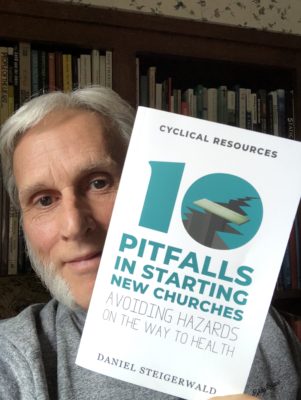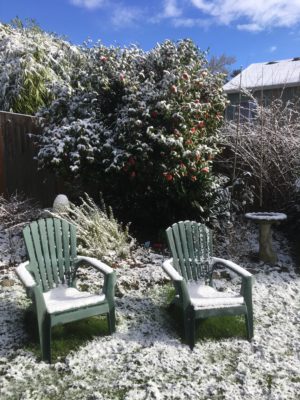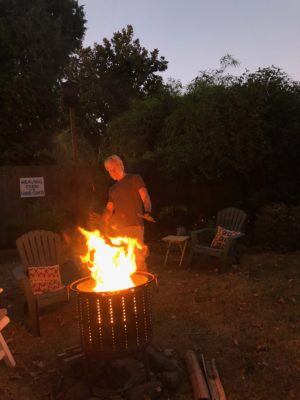Cultivating Insider Movements that Adorn the Gospel
I spoke recently at a conference using Pauls letter to Titus. Using the language of the apostle Paul in Titus 2:10, the message was about “adorning the gospel.” In that letter we see Paul urging the church in Crete to learn to care, speak and act in ways that don’t give occasion for people to “malign the gospel” (Titus 2:5). Of course, the point I was trying to make is that we ourselves must take Paul’s exhortation and reduce as much Son-block as we can in the ways we operate in our respective settings. In other words, we need to pay attention to how we are viewed by those outside Christian faith, and further, we must aim to reduce any tensions and negative perceptions we convey so as to give people maximum exposure to Christ and the gospel.
This paper I read recently read on the Academia site brilliantly captures this concept of adorning the gospel. Though the author is focusing primarily on Buddhist contexts, his thoughts are so rich and practical that I highly recommend digging into this paper more than once! (For those not familiar with Academia, it is a clearinghouse for literally 24 million scholarly and scientific papers one can read/download for free, so do check it out if you love applied theology). https://www.academia.edu/40163066/Rituals_and_Festivals_in_Insider_Movements_in_the_Buddhist_World
What I love in particular about Dr. David Lim’s research here is the concept of cultivating what he calls “insider movements” – indigenous grassroots expressions of “Christward” living that don’t require Buddhists or any other cultural subgrouping to jettison neutral or positive religious/cultural forms. Quite the contrary, Lim argues that much is to be commended in Buddhism that sets the stage for Christ. But unlike many missionary methods past and present, Lim contends we must take care not to extract prospective and new followers of Christ out of the supportive rituals, festivals and practices of their host communities. Rather, through local insiders (persons of peace) we can humbly, wisely and effectively contextualize the gospel in ways that support or reorient the meaning of various common rituals, festivals and practices.
Lim’s research of courses builds on theories of contextualization long-esposused by missiologists like Charles Kraft, Donald McGavran, William Dyrness and many others too long to list. But even in this single paper, Lim does a very good job explaining the limits of contextualization (versus syncretism) and how that finds beautiful expression in many Buddhist contexts, how Christward communities can practically operate in “centered set” fashion within such complex cultural environments (where Christianity is not viewed as a positive option), and how discipleship under Jesus grows from the soil of common grace and through the humble and simple pattern of Malachi 6:8 living among Buddhists (and post-moderns, secularists, or any group of people who collectively adhere as a way to ground their identity in a fragmenting world. I find Lim’s insights very helpful to my own attempts to live as an insider in Portland culture, where a good number of my friends are more Buddhistic by worldview or practice. The Jesus Way expressed through alternative, not-typically-Christian cultural forms and expressions is really capturing my attention these days, as culture moves further and further away from traditional, institutional and, I would add, evangelical Christianity. Lim’s insider movements idea, in other words, has direct application in our own back yards.



